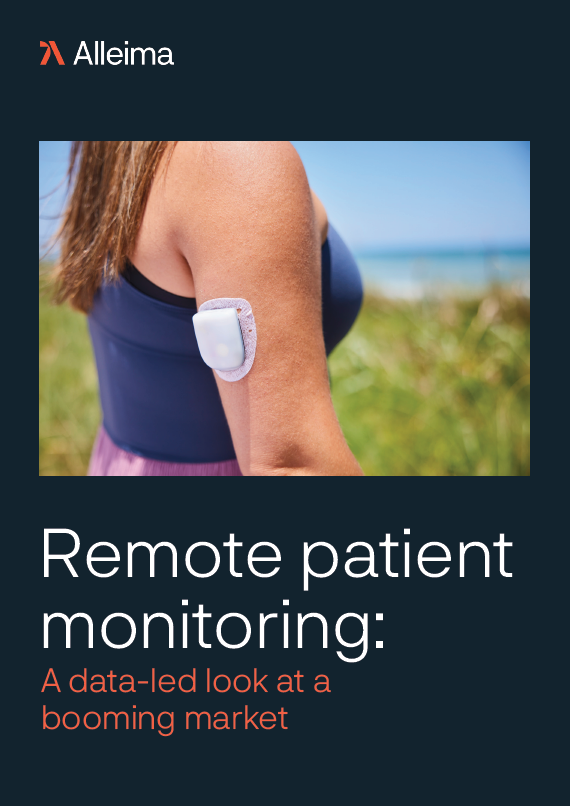
Mobile applications are at the spearhead of the swathing digitisation in healthcare that is changing how patients receive treatment.
Regulated medical apps and especially health management apps are areas of digital health that are seeing boosts in usage, according to a webinar led by Elia Garcia, Medical Device Analyst at GlobalData, Medical Device Network’s parent company.

US Tariffs are shifting - will you react or anticipate?
Don’t let policy changes catch you off guard. Stay proactive with real-time data and expert analysis.
By GlobalDataDigital health includes hardware and software technology that is patient-centered to provide more precise diagnosis and treatment. It provides accessible healthcare for patients and is also empowering healthcare professionals with a rapidly expanding set of patient data.
Mobile health applications are usually used in conjunction with medical devices explained Elia Garcia. This paired technology is commonly designed to target specific diseases. GlobalData predicts that the regulated medical app market is estimated to reach $12.1bn by 2030. The remote patient monitoring market, on the other hand, is predicted to reach less than a tenth of that –$760m. Vital sign monitoring devices, implantable devices and specialised monitoring devices, and wearable devices all have the framework to be used with a mobile application. The application can provide real-time data, archive data, functional capabilities, and usually have an artificial intelligence (AI) component.
Regulated medical apps are usually geared toward a specific disease or condition. They are termed digital therapeutics – software as a medical device with proven efficacy that requires a prescription. The webinar reports that although this software is usually robust in what platform it is made available on, mobile applications are most widely used due to user demand.
According to GlobalData, the regulated 2030 market value of $12.1bn is divided between clinical-focused apps and indication-focused apps. Clinical-focused apps have a predicted revenue-generating market of $3.9bn by 2030. Most clinical-focused apps are nurse focused, as opposed to physician focused. Indication-specific apps have a predicted 2030 value of $8bn – high-ranking indications include: type 2 diabetes, obesity, depression, irritable bowel syndrome (IBS), and type 1 diabetes.
Health management is an area especially that has seen an explosion in application usage says Elia Garcia. The Covid-19 pandemic changed patient attitudes toward healthcare, and many felt empowered to monitor their health. Apps such as ‘Calm’, ‘MyFitnessPal’ and ‘Flo Ovulation and Period Tracker’ dominated 2022 download rates.
“Health Management apps are one of the most widely used apps in the mobile health world and usually focus on health and wellness. These kinds of apps can be used to assist in tracking and managing various conditions such as physical activity, nutrition, sleep, blood sugar, and level of heart rate,” said Elia Garcia.
“They can also help set reminders for taking medications, scheduling doctor appointments, and providing access to helpful health-related information. These apps make it simple for users to monitor their health and track their progress over time”.
This is the largest category of medical health apps. GlobalData explains this is because they are accessible to anyone with a smartphone and require little research and design as they rely on user input rather than acquiring data from a sensor.
GlobalData’s webinar shares that of critical importance is the ability to provide solutions to privacy concerns. Remote patient monitoring, and by virtue use of accompanying apps, have increased despite these concerns. As user number and database sizes both increase, privacy will become an integral part of market value.
“As more personal health information is collected through digital applications, cybersecurity and the ability to protect data from misuse and unauthorised access becomes increasingly important,” said Garcia.







